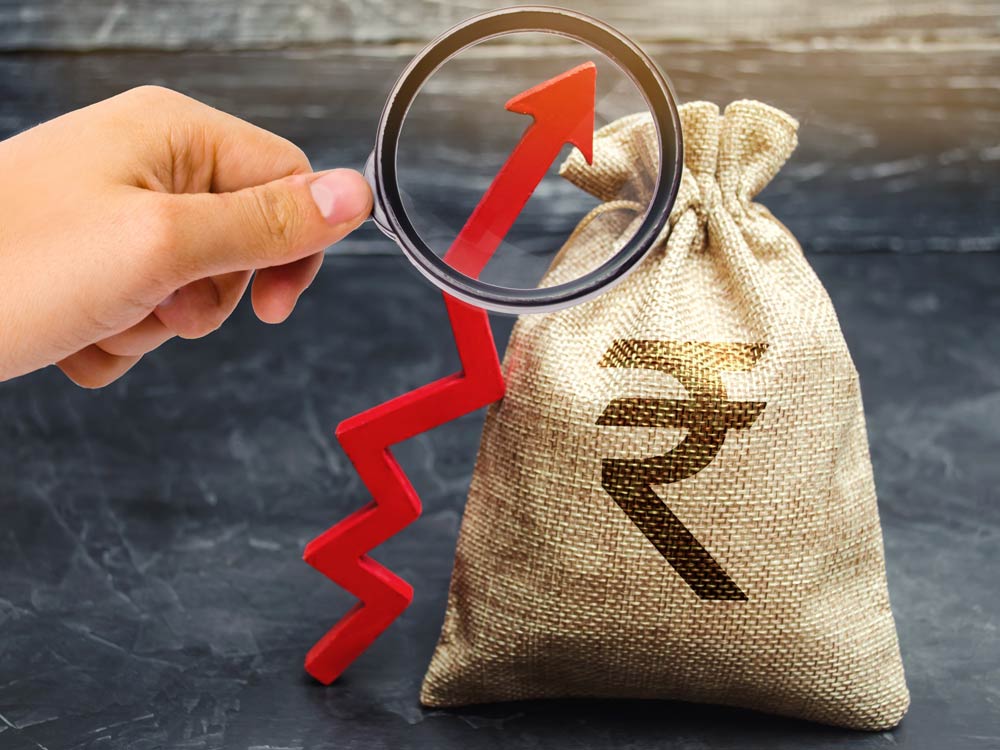Today most investors are aware of the importance of SIPs as a wealth-building tool. But many investors also want to know why their 'SIPs' are not making money. The reasons for this could be many. Perhaps the market has been falling since you invested in your SIPs; or perhaps you did SIPs in a rising market and it is now falling; or perhaps it's been just a couple of months since you have been investing through SIPs. One reason that stands out is that you made a wrong choice of fund.
Interestingly, the fact that they may have chosen a wrong fund surprises investors. That's because investors don't see SIPs as a method but as a vehicle. Hence, when they are asked about where they are investing, they often say 'in SIPs'. In reality, SIPs are just a method of investing, where you invest systematically in an equity fund. By doing so, you reduce the chances of investing all your money at a market high and you get to average your overall cost. When the market is falling, your SIPs get you more units of an equity fund. When the market is rising, you automatically buy fewer units. Above all, SIPs help you invest in a disciplined manner and create a large corpus with small investments. But if you have invested in a fund that has historically trailed its category, you are likely to get sub-optimal returns even if you invest through SIPs. Hence, choosing the right fund is absolutely important. How can one do that? Here are a few guidelines:
Choose the right category: There are many types of equity funds depending on where they invest. First select the ones most appropriate for your requirement. Some predominantly invest in large caps, some in mid caps; some invest in just one sector or theme. Multi-cap funds can invest across companies of all sizes and hence can tap the market opportunities better. Those who are willing to take extra risk for extra returns can also explore mid- and small-cap funds. If you are looking to save tax, you can pick a tax-saving fund.
Assess the long-term returns: One mistake that investors make while assessing an equity fund is that they focus too much on recent returns. A fund can clock higher gains owing to risky bets or momentum plays that work in the short term but backfire eventually. Hence, see historical returns over the long run - five years, ten years and so on. It's also important to see how much the fund has lost in a bad phase, such as 2008. An ability to contain downside is a desirable trait in a fund.
Check the stability of fund management: Check the tenure of the current fund manager. If the fund manager has been around for many years, that's generally a positive. That's because an experienced fund manager has been through many market phases and knows how to steer the fund during tough times. Consistency in management style also tells investors what they can expect from the fund.
Compare expenses: Over the long term, fund expenses can make a difference to your overall returns. Hence, do check them. But don't make them the most important criterion of selection. If you can pick funds yourself and track their performance, you can go for direct plans, which don't involve distributor commission. However, if you need the assistance of an advisor or a distributor to keep you on track, it's better to invest in a regular plan.
Finally, when it comes to equity funds, always take the SIP route. Combined with a good fund, SIPs can help you maximise your returns over the long term.




